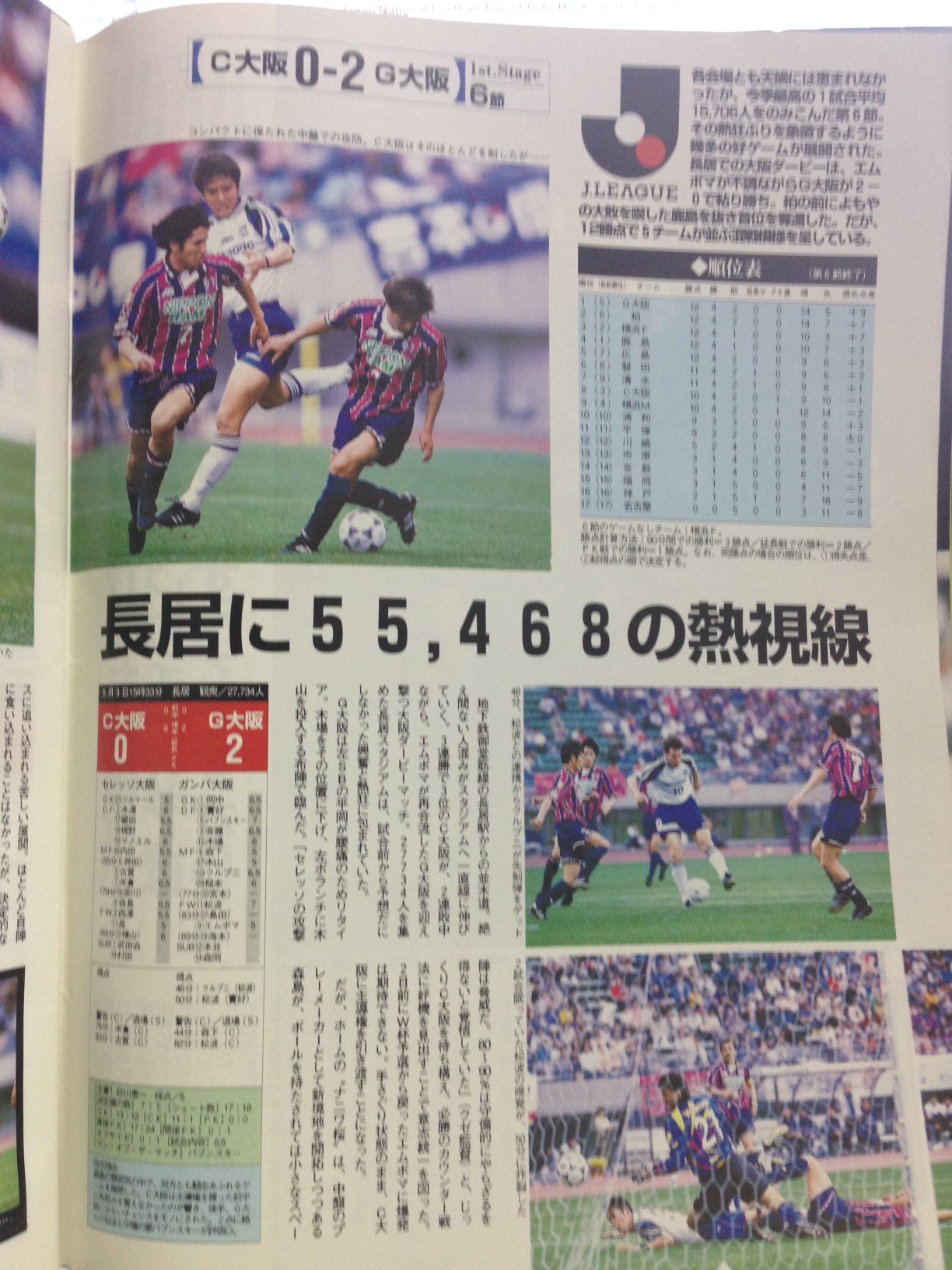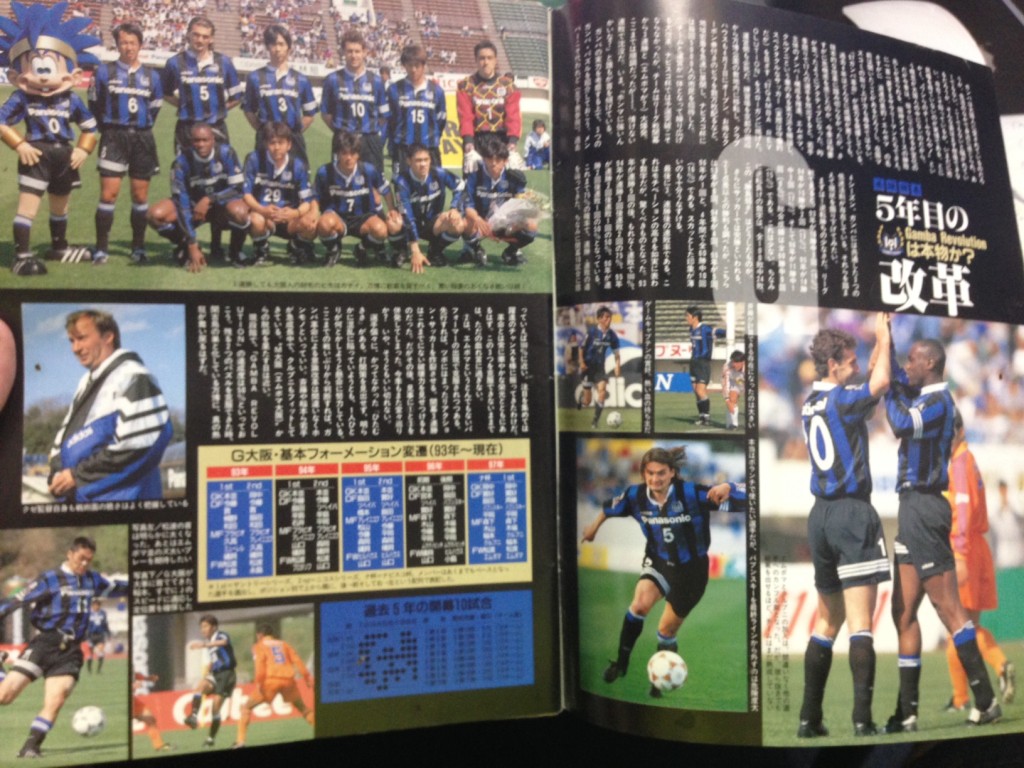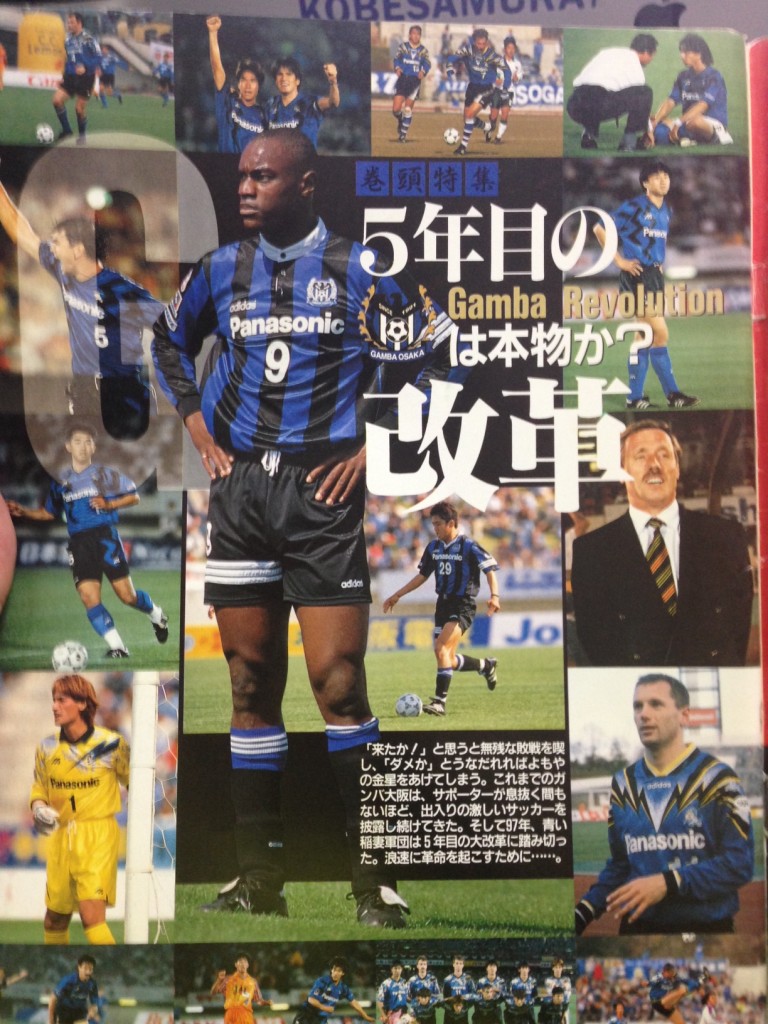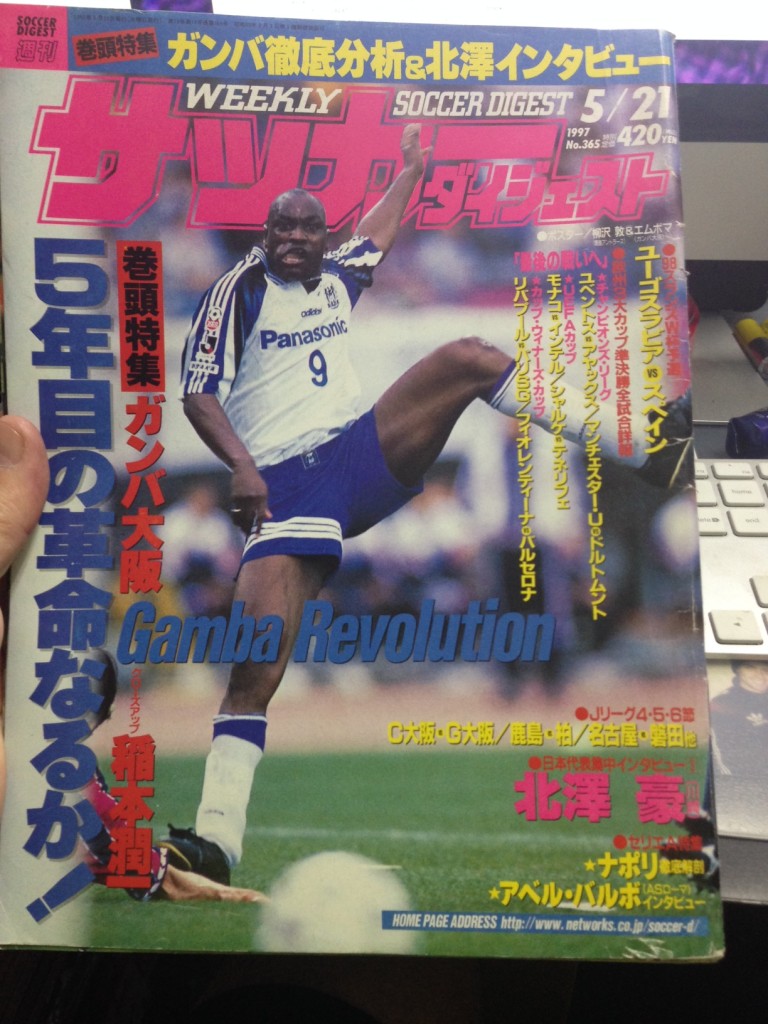From FIFA.com
In coaching terms, Javier Aguirre is a genuine pioneer. In 2002, when handed the reins at La Liga side Osasuna, he became the first Mexican-born coach to lead a European top-flight team and now, 12 years on, his career has taken an even more unexpected twist.
After following his stint at Osasuna with spells in the hotseats of Atletico Madrid, Mexico, Zaragoza and Espanyol, the 55-year-old supremo is now relishing his latest challenge at the helm of Japan after his appointment in late July this year. Exhibiting his customary sense of humour yet without downplaying the significance of the task in hand, embodied by a 2-0 defeat to Uruguay in his opening game, El Vasco Aguirre spoke exclusively to FIFA.com.
FIFA.com: Tell us about your start to life at the helm of the Samurai Blue?
Javier Aguirre: I’m just getting a feel for the role, particularly in terms of learning about the local-based players. We’ve got 19 players based in Europe, but we need to get to know the J-League better. We’ve not had much time to do so yet, but my team and I are working on it. Our first squad selection had to be made against the clock, because the “Europeans” have to be given 15 days’ notice, so time was clearly short. Even so, I think we’re on the right track.
Had you been to Japan before? What have been your early impressions since moving there?
I’d been here several times before, the most significant visit was, of course, when I was here with Mexico at the 2002 World Cup. A lot has changed since then though. Before it was a struggle to find foreign products or people who understood and spoke English, but nowadays you can go about your life like in any other major capital city in the world. As long as you make a bit of effort yourself to adapt, you won’t have a problem. We’re very happy and we’re getting to know the culture here, getting used to the pace of life… When you come to a new country you’re the one that has to adapt, not the other way around.
You’re the first Mexican head coach to take charge of a non-CONCACAF nation. How did your appointment as Japan boss come about?
Contact was first made in 2010. After that World Cup, the Japanese FA sought me out, but at that point my youngest son was still at school, so we couldn’t leave Spain. Then, four years later, they revived their interest. I’d already told Espanyol I wouldn’t be staying. Signing a new contract would have been difficult because there was barely any money to strengthen the squad, so I decided to step aside. I had a few offers to stay in Europe, but I wanted to broaden my horizons – and that’s when Japan came back on the scene. I liked the look of their project, I talked it over with my wife and it seemed a good idea to aim for a fifth World Cup appearance [Editor’s note: Aguirre played for Mexico at Mexico 1986, was El Tri’s assistant coach at France 1998 and head coach at Korea/Japan 2002 and South Africa 2010].
What was it about Japan project that impressed you and what areas do you feel need work?
There’s strong financial backing [behind the project], the domestic league is solid and there’s a good number of players at European clubs. On the other hand though, after watching Japanese league games, I felt that some almost looked like friendly matches – like testimonials. I felt they were missing a touch of picardía (street smartness, cunning). The ball gets kicked out of play eight or ten times because a player has gone down; play is stopped ten or 12 times to drink water – and that’s reflected at national-team level. I’m not saying it’s right or wrong, it’s just different to what I’m used to in Mexico or Spain, where they play every minute like it’s life or death.
How do you instil that picardía?
It’s not easy. Less and less football is played out on the street – back in my day we learned the game in between dodging cars, or in the schoolyard, whereas now the game’s taught more rigidly. But you have to try and add a touch of picardía, while staying within the rules of course. I’m talking about the players not giving up lost causes and knowing how to ‘manage the result’. I don’t mean cheating or kicking people, but just making sure your opponents know you’re really in the game.
Funnily enough, Mexico coach Miguel Herrera said something similar after their Round of 16 defeat to the Netherlands at Brazil 2014…
Sometimes it’s what you need! I’m talking about when you’re winning in the 85th minute, you go and retrieve the ball more slowly, you take short corners, you tie your laces… That way you use up valuable seconds without breaking the rules. What can the ref do about it? You need to have that picardía, while of course staying within the rules.
Culturally speaking, what has struck you most since you came to Japan?
The deep respect shown towards people. Even in press conferences, the level of order is impeccable. The respect shown towards nature, towards your fellow man. It’s really striking how friendly people are to you. Tokyo is a metropolis with millions of inhabitants and so you’d imagine it to be crazy, but the quality of life is incredible. Everything is kept really clean and it’s very orderly, which is a big help when it comes to progress. We feel very at ease here. It’s true that there’s a language barrier, but we’ll try and ease that by learning a few words and being able to understand the basics. I’ve come here with my wife and one of my children and he’s helping me with the team.
Speaking of press conferences, can you tell us a little about your early dealings with the press?
Everyone’s been very polite so far. There’s a lot of expectation, people are keen for us to start playing some games. They see me as a gutsy, battle-hardened coach, which I’m pleased about. And we will fight our corner, while trying to play nice football at the same time. We want to build a team that can compete, wherever we’re playing.
How long is your contract for?
It’s for two years, with an option to extend for two more. There’ll be an evaluation [after the initial period], but everyone is aiming for us to still be in place to take the team into Russia 2018 – that’s our main objective.
Interestingly, this is the first time you’ve taken charge of a national squad right at the start of a four-year World Cup cycle…
That’s something I’m very happy about. In the modern game it’s very difficult to gain any kind of job stability: whatever your contract, if results go against you there are no guarantees. The two times I took Mexico to the World Cup I was handed the role with very little time to work with, so it was more about patching up holes in the team and trying to get enough points for us to qualify. Now I’ve finally got the chance to start a cycle from the beginning. Perhaps it’s my age, but I feel this is the right move for me. After spending over ten seasons coaching in Spain, working with a club team every day can get very gruelling. Working with a national team is just as demanding, but without the intensity of matches every weekend.
Changing the subject a little, what was your verdict on Mexico’s performance at Brazil 2014? What do they need to do to reach the latter stages of the World Cup?
Overall, I thought Mexico did very well. The credit must go to Miguel Herrera, who assembled a very well-drilled and competitive team in just four or five months. We’ve got past the first phase for the last six World Cups now, a feat only matched by Germany and Brazil. The Liga MX has improved a lot, it’s well-run, its infrastructure is phenomenal and more and more players are earning moves to Europe. If Miguel can survive in the job these next four years and people respect the work he’s doing, I think that Mexico can take the next step. We’re getting closer all the time. Perhaps we might also need to hope for a favourable draw, that little dose of good luck you always need at major competitions.
You still refer to Mexico as ‘we’. Would you enjoy tackling El Tri with Japan?
(Laughs) I think it’s unlikely to happen! Fingers crossed we can cross paths at the Confederations Cup in 2017 [with Mexico as CONCACAF Gold Cup winners and Japan as AFC Asian Cup champions]!
One last question, is there any message you’d like to send to Japan supporters?
Just that they’ll be proud of their team: I promise them that they’ll fight hard, wherever they’re playing. Our plan is to play good football and, of course, to win.




